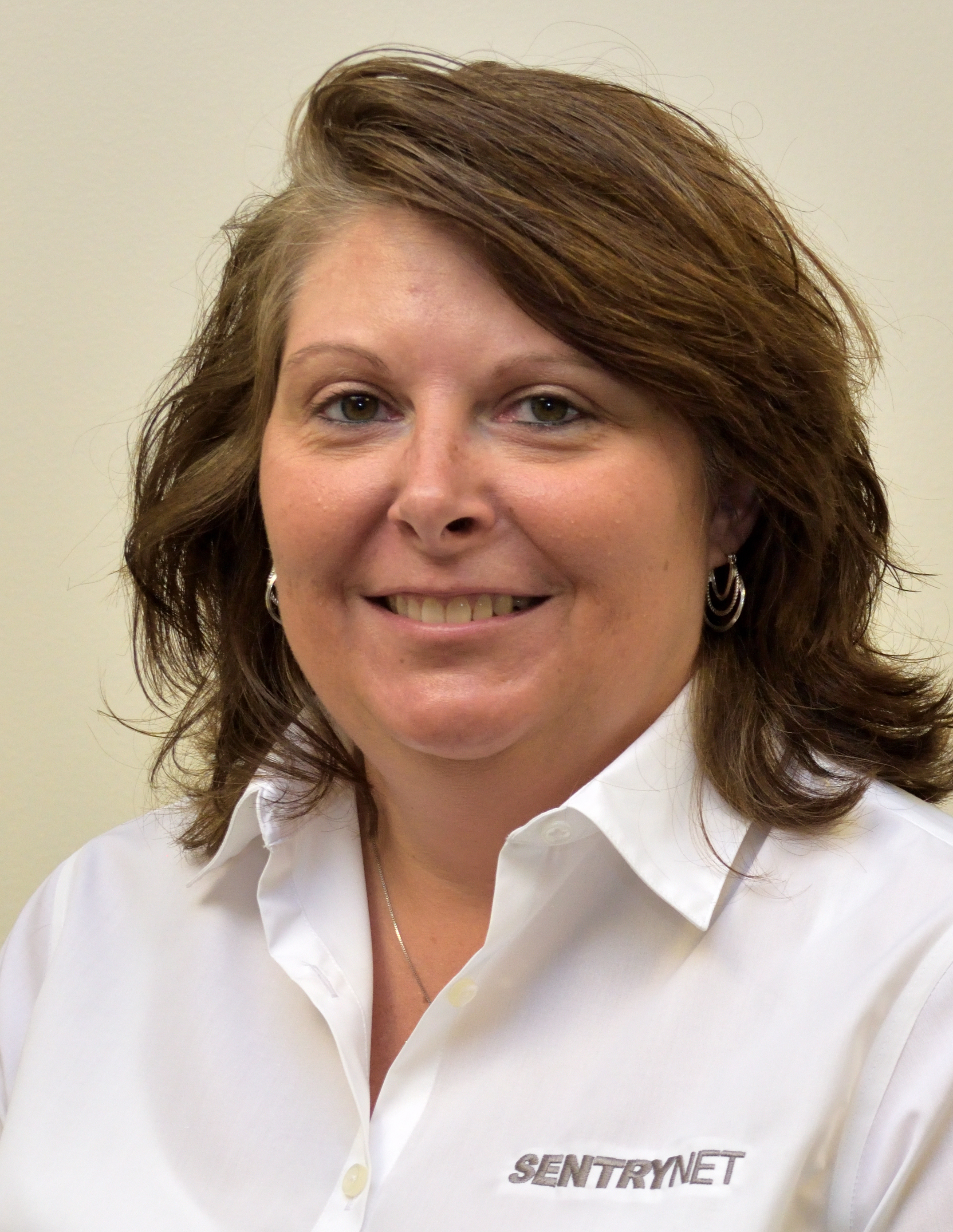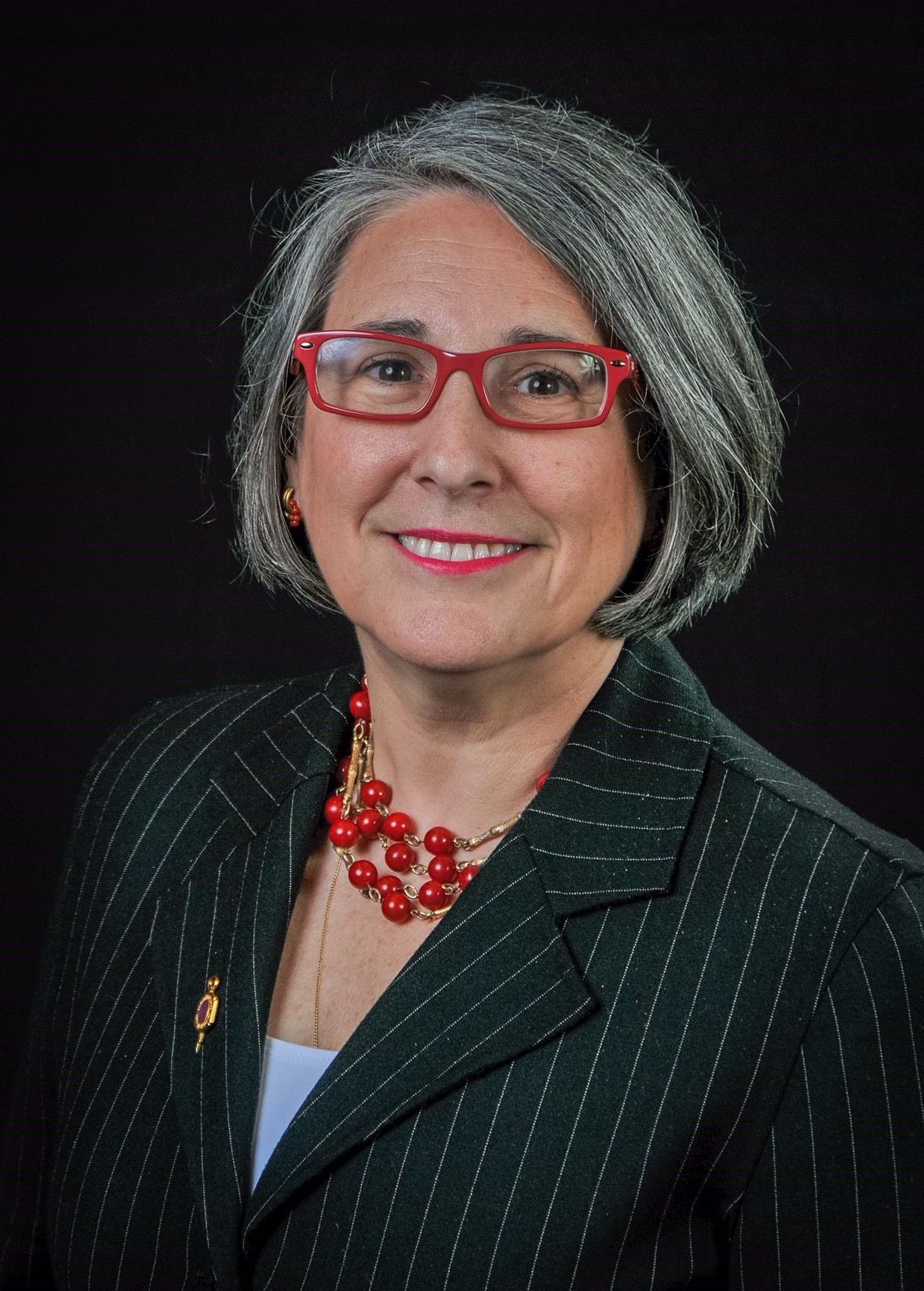 If you’re going to be at the TMA Annual Meeting, don’t miss Alex Banayan’s session How 5 Millennial Trends Will Transform the Next 30 Years of Business. You’ll leave with the insights you need to better understand your millennial employees and their effect on the future of your business.
If you’re going to be at the TMA Annual Meeting, don’t miss Alex Banayan’s session How 5 Millennial Trends Will Transform the Next 30 Years of Business. You’ll leave with the insights you need to better understand your millennial employees and their effect on the future of your business.
Banayan is the author of the national bestseller The Third Door, which chronicles his five-year quest to track down Bill Gates, Lady Gaga, Warren Buffett, Maya Angelou, Steven Spielberg, and dozens more of the world’s most successful people to uncover how they broke through and launched their careers.
We asked him to tell us about himself and what attendees can expect from the session. (Read on to find out what he learned from Maya Angelou!)
TMA: Among other things, you’re an author and have been called the world’s youngest venture capitalist. How would you describe yourself?
Alex: For the past seven years, I’ve been on an adventure studying and interviewing the world’s most successful people. And it’s the adventure element of that sentence that I believe describes me best—it’s the journey and the wild quest that’s at the heart of what I do.
TMA: Tell TMA members how you came to be interested in your research with business leaders.
Alex: I was a freshman in college and spending every day on my dorm room bed, staring up at the ceiling. I was going through the what-do-I-want-to-do-with-my-life? crisis and it was hitting me hard. To understand why, you have to know that I’m the son of Persian Jewish immigrants. I pretty much came out of the womb with “MD” stamped on my behind. By the time I got to college, I was the pre-med of pre-meds. But it wasn’t long before I found myself hitting snooze four or five times each morning— not because I was tired, but because I was bored. My question of “What do I want to do with my life?” eventually turned into “How did the people who did know what they wanted to do break through?” I went to the library and ripped through business books and biographies, searching for answers. But I was left empty-handed. That’s when my naive 18-year-old thinking kicked in: Well, if no one has written the book I’m dreaming of reading, why not write it myself? From there, I set off on the journey.
TMA: What can TMA Annual Meeting participants expect from your session “How 5 Millennial Trends Will Transform the Next 30 Years of Business”?
Alex: We are going to dive deep into some of the biggest trends of my generation—and look closely at what these things actually mean and how that will ripple out for the next few decades. Plus, we are going to have a lot of fun.
TMA: Share an interesting point about how companies will need to address millennial trends in the near (and/or distant) future.
Alex: Companies will have to address millennial trends with more empathy. There’s a lot of judgment right now. Is Snapchat good for young people? Is Burning Man sane? What we need now more than ever is understanding—because only with understanding can we use these trends to our advantage.
TMA: What is something you have found really interesting or surprising in your work with business leaders in your career?
Alex: I’ve realized that all people I interviewed had to struggle with fear. It didn’t matter if I was talking to a CEO or a poet, they all had to deal with fear.
The renowned poet Maya Angelou once wrote, “Nothing so frightens me as writing, but nothing so satisfies me.”
When I interviewed her, I brought up that quote and asked how she dealt with that fear.
“With a lot of prayer and much trembling,” she said, laughing. “I have to remind myself that what I do is not an easy thing. And I think that’s true when any person begins doing what he or she wants to do and feels called to do—not just as a career, but really as a calling.
“A chef, when she … prepares to go into the kitchen, has to remind herself that everyone in the world who can, eats. And so preparing food is not a matter of some exoticism; everybody eats. However, to prepare it really well—when everybody eats some salt, some sugar, some meat if they can, or want to, some vegetables—the chef has to do it in a way that nobody has done it before. And so this is true when you are writing.
“You realize everyone in the world who speaks, uses words. And so, you have to take a few verbs, and some adverbs, some adjectives, nouns, and pronouns, and put them all together and make them bounce. It’s not a small matter. So you commend yourself for having the courage to try it. You see?”
TMA: Tell us something about yourself that drives or influences the way you do business.
Alex: Coming from an immigrant family has shaped who I am. My parents came to America more than thirty-five years ago as political refugees—and that upbringing created a lot of factors that made me who I am.
TMA: What do you hope TMA members will take away from your presentation?
Alex: If there’s one feeling I want people to walk away with, it’s that: there’s always a way.
Banayan has been named to Forbes’ 30 Under 30 list, Business Insider’s Most Powerful People Under 30, and been featured in major media including Fortune, Forbes, Businessweek, Billboard, Bloomberg TV, CNBC, Fox News, MSNBC, and CBS News. An acclaimed keynote speaker, Banayan has presented the Third Door framework to business conferences and corporate leadership teams around the world, including Apple, Google, Nike, IBM, Snapchat, Salesforce, Disney, Harvard, and countless others.

 TMA is pleased to announce that SentryNet marketing manager Peggy Page has been named the new co-chair of the TMA Marketing and Communications Committee.
TMA is pleased to announce that SentryNet marketing manager Peggy Page has been named the new co-chair of the TMA Marketing and Communications Committee. “I am honored to accept the co-chair position on the Marketing and Communications Committee for TMA,” Page said. “As a member of TMA, I believe in the work that we do in security central stations. Our operators are the voice of calm in some of the most chaotic times for our customers. How could I not support and be a part of an association that is designed to improve and advance the monitoring industry through education, advocacy, and public safety relationships?”
“I am honored to accept the co-chair position on the Marketing and Communications Committee for TMA,” Page said. “As a member of TMA, I believe in the work that we do in security central stations. Our operators are the voice of calm in some of the most chaotic times for our customers. How could I not support and be a part of an association that is designed to improve and advance the monitoring industry through education, advocacy, and public safety relationships?”

 If you’re going to be at the TMA Annual Meeting, don’t miss Alex Banayan’s session How 5 Millennial Trends Will Transform the Next 30 Years of Business. You’ll leave with the insights you need to better understand your millennial employees and their effect on the future of your business.
If you’re going to be at the TMA Annual Meeting, don’t miss Alex Banayan’s session How 5 Millennial Trends Will Transform the Next 30 Years of Business. You’ll leave with the insights you need to better understand your millennial employees and their effect on the future of your business.
 VIENNA, VA (October 2, 2018) – Next month, Celia T. Besore, MBA, CAE will become the new executive director of The Monitoring Association. An astute executive and dynamic strategist, Besore has established a solid career of success representing national associations and members, nurturing key alliances, and influencing and inspiring change through advocacy, education, and professional opportunities.
VIENNA, VA (October 2, 2018) – Next month, Celia T. Besore, MBA, CAE will become the new executive director of The Monitoring Association. An astute executive and dynamic strategist, Besore has established a solid career of success representing national associations and members, nurturing key alliances, and influencing and inspiring change through advocacy, education, and professional opportunities.


 anager of Hosted Video for Axis Communications. How would you describe yourself/your work?
anager of Hosted Video for Axis Communications. How would you describe yourself/your work?





